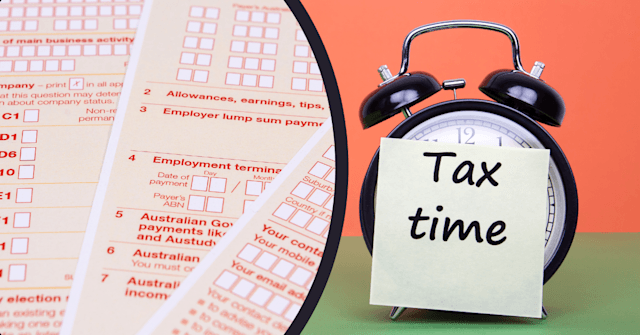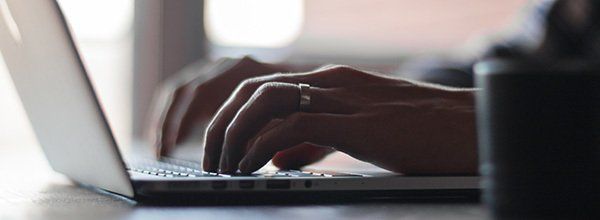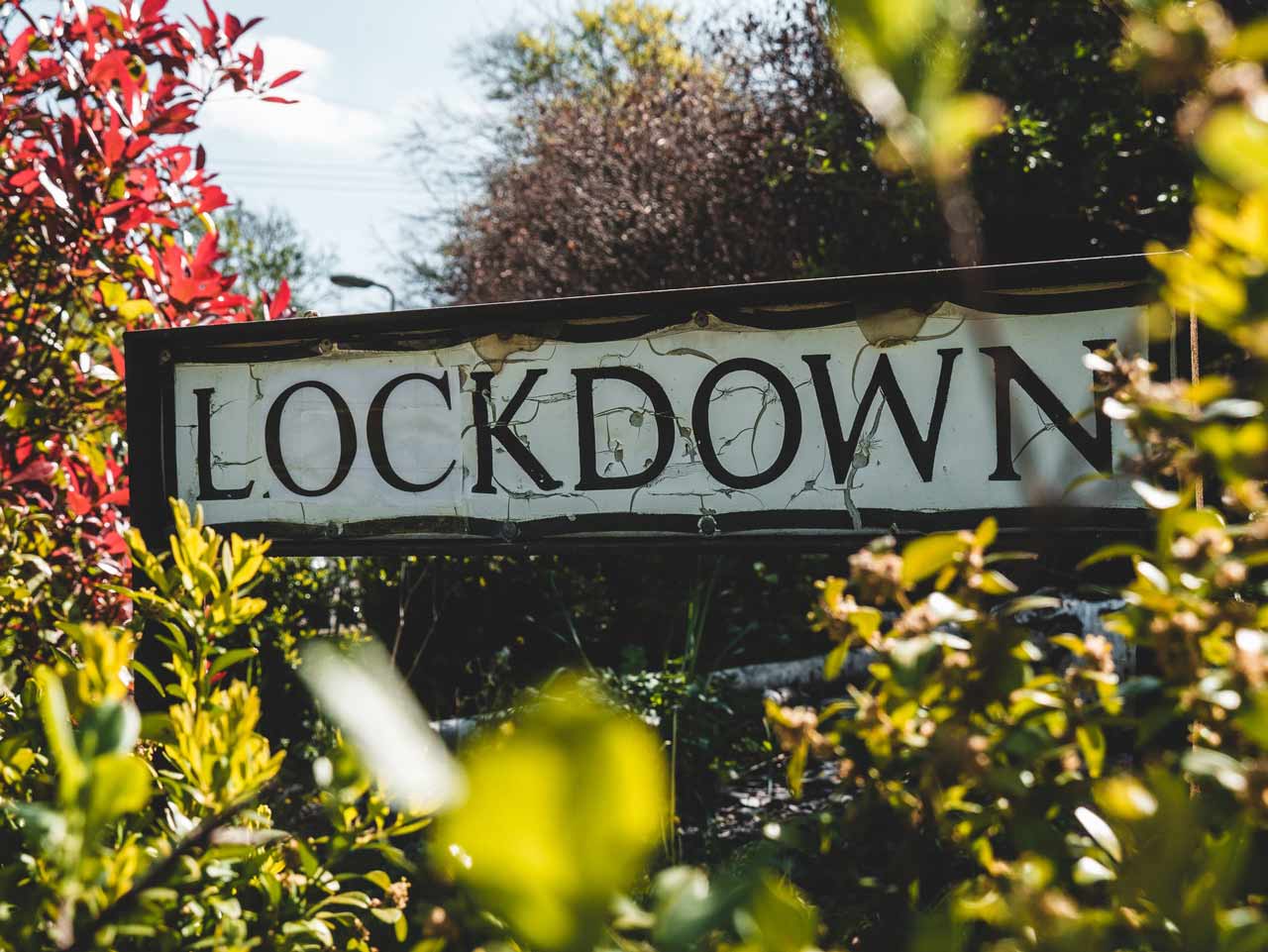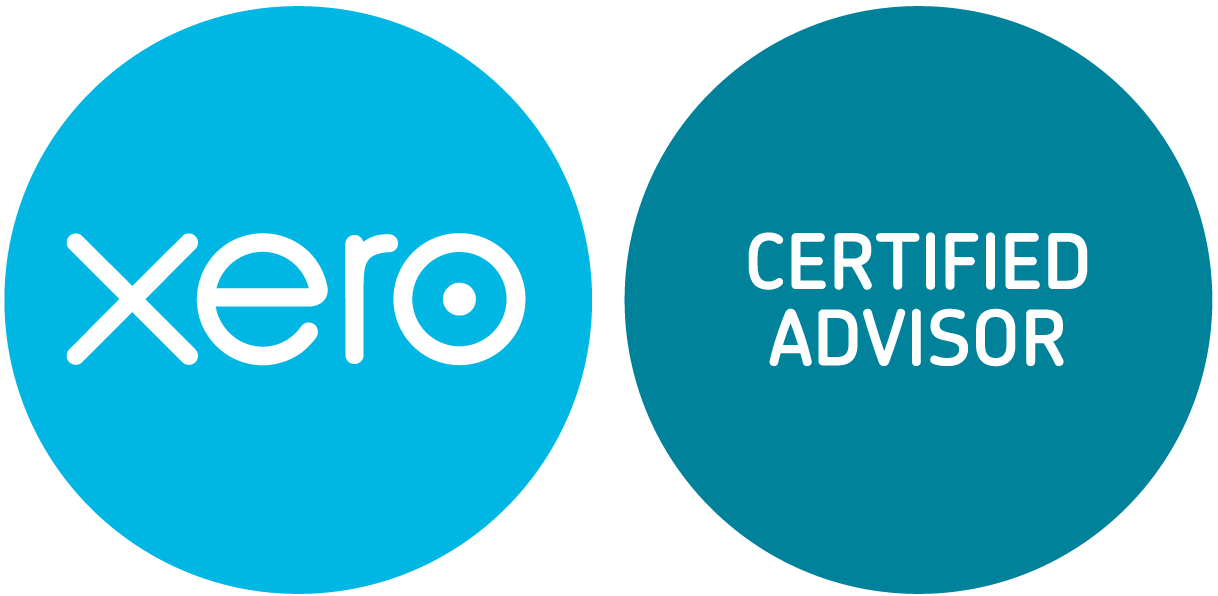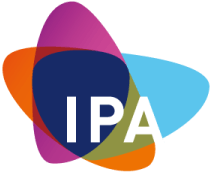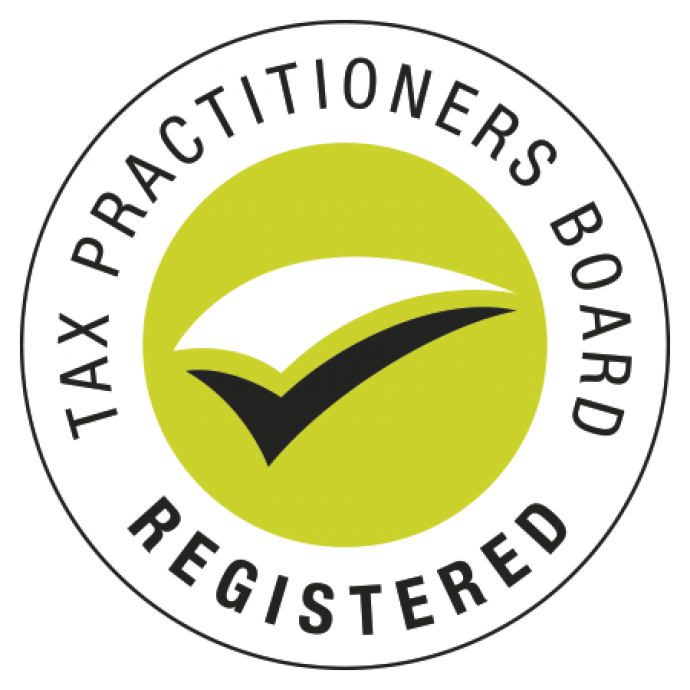Tax Tips for small businesses 2022
Tax Tips for small businesses 2022

Common Tax Deductions for Small Business
Are you claiming all the business tax deductions that you are entitled to?
There are many expenses common to most small business, and there are other expenses that are specific to the nature of the goods or services that your business provides.
- Operating expenses include accounting, administration, advertising and marketing, office premises, office running expenses, trading stock, legal fees, insurance and vehicle expenses.
- Employment expenses include salary and wages, fringe benefits, superannuation and training costs.
- Other operating expenses may include things specific to your business, for example point of sale systems, freight, professional membership fees, professional education, protective equipment, tools or specialised software.
- Capital expenses include machinery and equipment, vehicles, furniture and computers. Depreciation for these assets may also be deductible if the expense was not written off immediately.
- Repairs and maintenance to assets and business premises.
Expenses must relate to the running of the business and providing the goods or services that your business offers.
Some common expenses that are not deductible are fines and penalties, provisions for employee leave, donations to entities not registered as deductible gift recipients and entertainment.
There may be some expenses you want to check with us such as private usage of business vehicles, prepaid expenses, bad debts, loss of stock and borrowing expenses. We’ll make sure to include all the deductions you’re entitled to.
What’s on the ATO Radar for 2022?
This year the ATO will be taking a closer look at record keeping, work related expenses, rental property income and deductions and cryptocurrency transactions.
- Keep records for all business transactions (income and expenses), activity statements and financial reports for at least five years.
- Keep all records relating to employees, contractors and payroll for at least seven years.
- If your business is a company, keep all records for at least seven years, including director meeting minutes.
Other Common Tax Return Issues
- Work-related travel expenses – travel fares, accommodation, meals. The travel should be directly related to income producing activities and you need records to verify the travel claims.
- Motor vehicle expenses – keep records for fuel, repairs and servicing, finance arrangements, insurance and registration. Keep a logbook to record private travel.
- Fringe benefits – have you captured all benefits provided to employees? Vehicle and entertainment benefits are usually scrutinised. This year you’ll need records of any extra benefits provided to employees because of COVID-19.
- Superannuation – have you paid the superannuation guarantee on time to employees’ super funds? The ATO will examine your Single Touch Payroll records including superannuation payments.
- Current temporary tax depreciation incentives - There are currently three temporary tax depreciation incentives available to eligible businesses:
- Temporary full expensing - for assets you start to hold, and first use (or have installed ready for use) for a taxable purpose, from 7.30pm (AEDT) on 6 October 2020 to 30 June 2023.
- Increased instant asset write-off - if the asset was purchased by 31 December 2020, and first used or installed ready for use before 30 June 2021. The threshold remains at $150,000.
- Backing business investment.
Talk to us about what applies for your business.
Maximise Your Business Deductions
We can check your business’s eligibility for concessions, offsets, employer incentives and rebates and make sure your business is calculating taxable income correctly, so you don’t pay more tax than you need to!
With so many businesses still affected by COVID-19, it’s important to get the allowable tax deductions right for your business and get in early for your tax return. This way you get more time to plan for payment, or if you are due a refund you will see it in your bank sooner.
